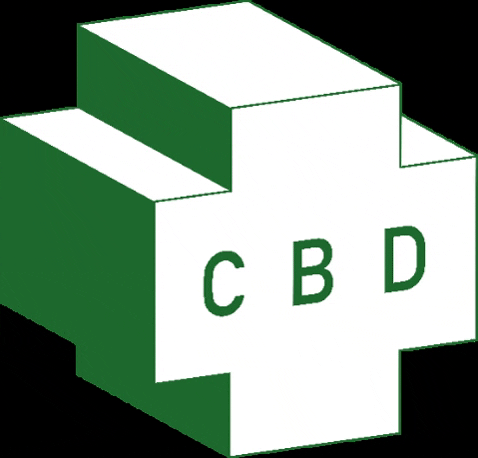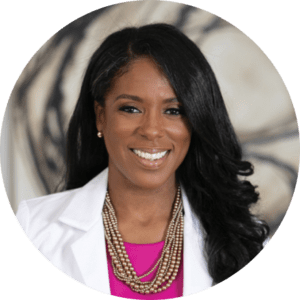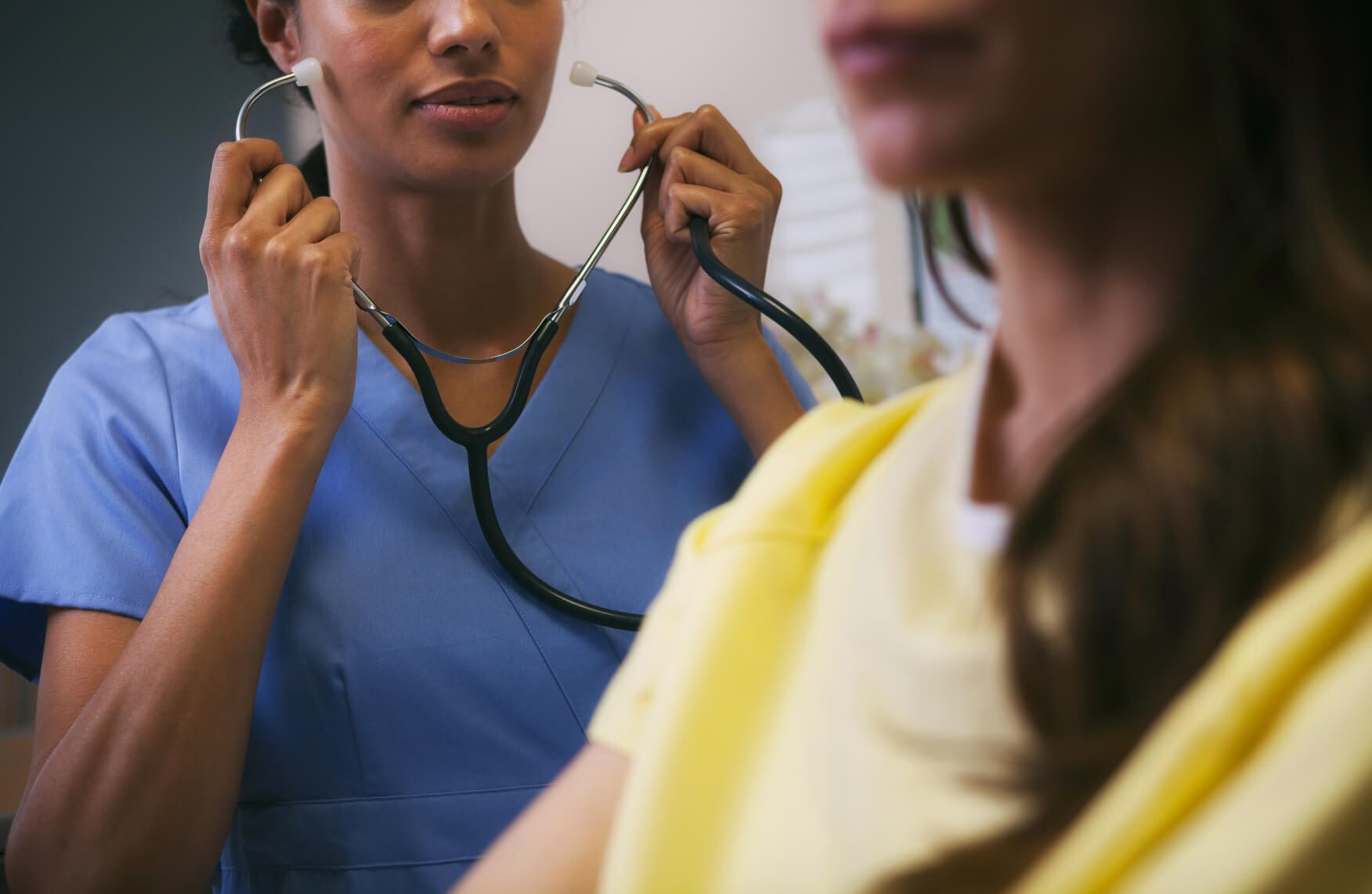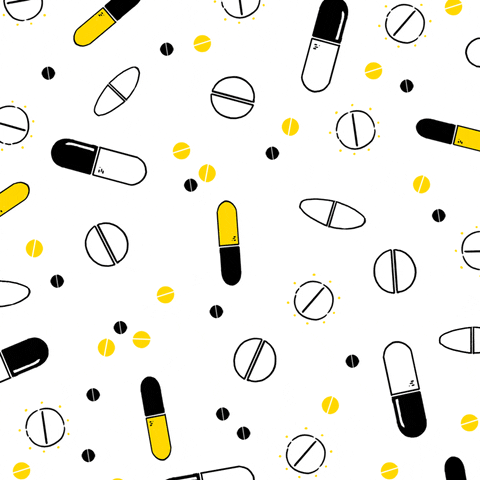
Published on Nov 27, 2023
Last modified on Nov 27, 2023
Women 50+ Are Now Among The Fastest-Growing Group Of Cannabis Users
4 min read

Following the legalization and normalization of cannabis, a new study released at The Menopause Society’s 2023 annual meeting earlier this year shows that more women than ever are using it during or after menopause for medical or recreational reasons.
Results indicated that, for the 5,000 midlife women who participated, cannabis was being used to treat chronic pain (28%), anxiety (24%), sleep problems (22%), and stress (22%). 6% reported the use of cannabis specifically for menopause symptoms, namely mood changes and sleep problems. 56% of women opt for smoking, while 52% ingest edible products.
This is important for a few reasons:
- Unsurprisingly, previous studies mostly focused on usage habits by men and younger adults, not among women during and after the menopause transition.
- These findings underscore the imminent need for the recognition and discussion of cannabis in the healthcare system to better understand potential risks and benefits.
In a recent virtual Elektra event, our Founding Physician Dr. Anna Barbieri and guest host Dr. Jessica Shepherd discussed the promising — but early — research on CBD and what we know (and don’t know) to date about how it can impact our menopause transition. Here are five key takeaways from their discussion:
1. The use of CBD and THC for menopause is nothing new
“I did research on the historical trends in menopause self-treatment, and as early as the 19th century, you can read stories of women using cannabis for menopause symptoms. (Interestingly, the other big self-treatment back then was alcohol.) — Dr. Barbieri
2. Now we are beginning to understand why CBD seems to have such a significant impact on menopause symptoms
“During the menopausal phase, there seems to be a disruption of the endocannabinoid system, which is a collection of cell receptors all over the body. They impact so many organs and tissues, which is why we’re seeing that CBD really can have an influence on menopause symptoms like mood, of course, but also pain and sleep and memory.” — Dr. Shepherd
3. We have to pay attention to dosage
“We have a lot of data on the use of CBD for things like epilepsy and anxiety, and some more data coming out on sleep. But unfortunately when you look at over-the-counter products, many of them actually do not have the amount of CBD that’s being used in studies. And it’s for that reason that we often hear…’I used CBD but it didn’t help me much.’” — Dr. Barbieri
4. …and also to THC content
“THC is part of the cannabis plant that has psychoactive properties, whereas CBD is not. By definition, CBD should contain less than 0.3% THC, which is where we run into problems. There was actually a study that looked at the available CBD products on the market, and many of them included THC in levels exceeding 0.3%. Once you add THC to a CBD sleep product, for example, no wonder it’s going to be more effective. It’s important to find a brand that’s clear and transparent about their practices, including ingredient sourcing, provision of a Certificate of Analysis, and preferably third-party lab testing on their quality and ingredients.” — Dr. Barbieri
5. The takeaway: cautious optimism
“Because it’s so new on the market, it’s sensational and everyone wants to be a part of it. I’m excited to see all the changes that are going to come with the strategies and treatments that are ahead while also keeping in mind that we do need more data on safety and risk factors when we think about possible negative effects or how the body actually metabolizes CBD. Ultimately, at the end of the day we want to make sure people are safe and that they’re getting the best outcome when using these supplements and products.” — Dr. Shepherd
⏯️ Watch the full event with Dr. Shepherd and Dr. Barbieri on choosing the right supplements for menopause
READ MORE: Elektra’s Guide To Supplements For Menopause
About Jessica Shepherd
Dr. Jessica Shepherd is a board-certified gynecologist and women’s health expert who specializes in menopausal health. She is the Chief Medical Officer at Verywell Health and the founder and CEO of Sanctum Med + Wellness, a wellness concierge practice. Her latest venture in wellness is the launch of StellaVia, doctor-formulated SuperBotanicals™ and CBD-sourced solutions for women in menopause. She is affiliated with Baylor University Medical Center in Dallas, Texas.
Dr. Shepherd is an engaging and well-known media personality who appears regularly as an expert on Good Morning America, The Today Show, CNN, MSNBC, and CBS News. She is on the Advisory Board for Women’s Health Magazine, Women’s Health.org, and the Society for Women’s Research.
Her passion for women’s health has put her on the main stages at Blog Her, Well Summit, and Women’s March in NYC. She has also worked on women’s health issues with celebrities, including Sheryl Crow, Halle Berry, Ciara, and more.
Her passion for holistic health to optimize aging and longevity stems from her years of seeing female patients and creating an environment founded in prevention, wellness, and scientific advancement.
About Anna Barbieri
Dr. Anna Barbieri is double board-certified by the American Board of Obstetrics and Gynecology and the American Board of Integrative Medicine. She completed her residency in OBGYN at Mount Sinai Medical Center in New York City, where she is now an Assistant Clinical Professor and a member of the Mount Sinai Center of Excellence for Menopause. She also completed a fellowship in minimally invasive gynecologic surgery, and the Integrative Medicine fellowship under the direction of Dr. Andrew Weil at the University of Arizona School of Medicine. She is a Certified Menopause Practitioner by The Menopause Society (formerly the North American Menopause Society) and is the Founding Physician at Elektra Health.
Blending the best of conventional and evidence-based holistic approaches including select mind-body, supplement, and nutritional techniques alongside medications and surgery, Dr. Barbieri believes in medical care that relies on a trusted personal patient/doctor relationship that explores the best healing methods for each patient.




